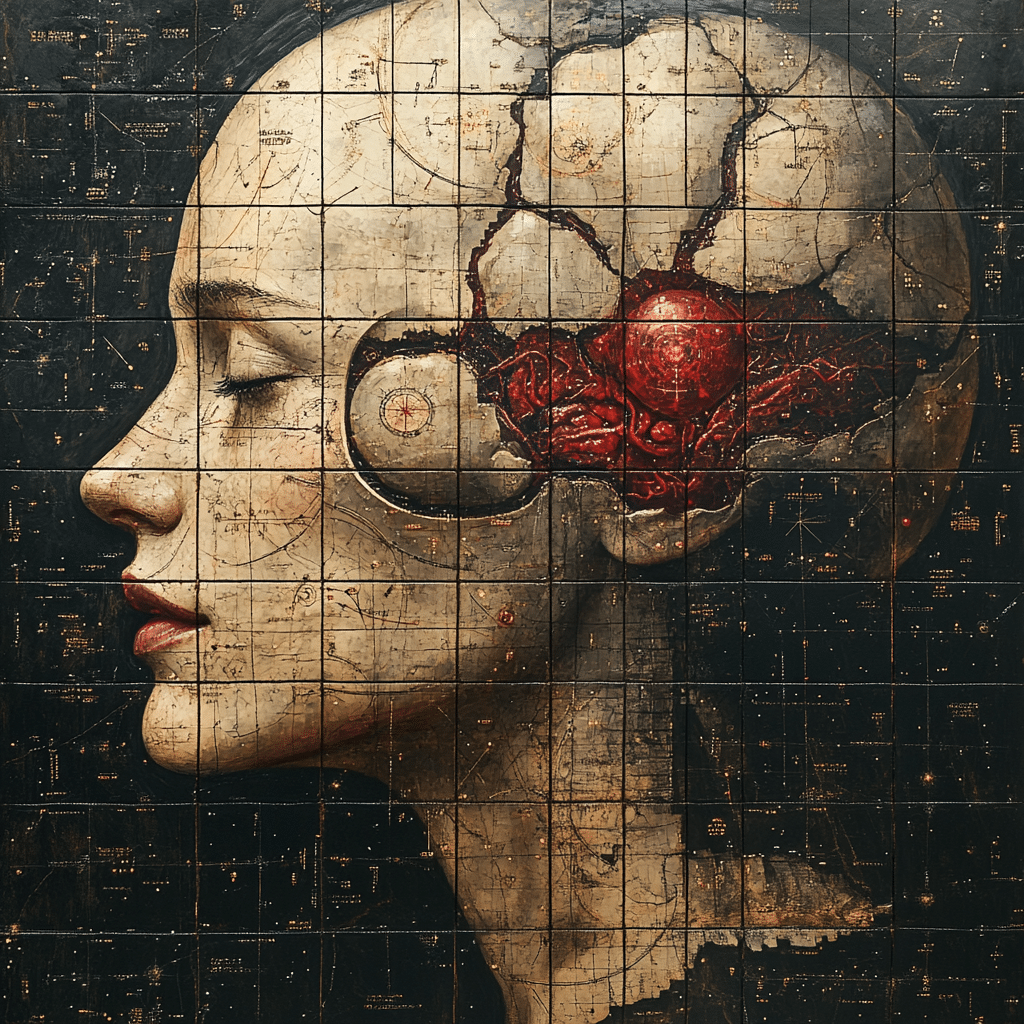Neuropsychology stands at the forefront of understanding how our brains influence our behaviors, emotions, and cognitive processes. The field examines the relationship between brain functions, structural changes, and behavioral patterns, providing invaluable insights into mental health, learning disabilities, and emotional regulation. To be great, whether in the gym or in life, you must first understand how your mind operates. Below, we explore the critical secrets of neuropsychology that help unravel the complexities of human behavior.
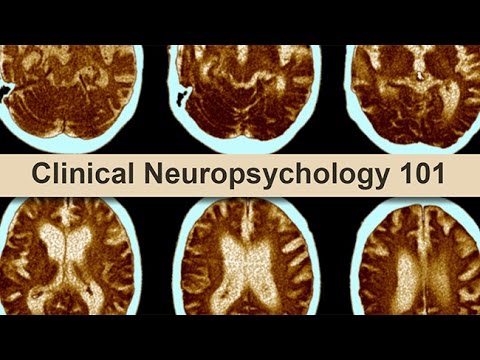
Top 7 Insights from Neuropsychology That Influence Behavior
1. The Role of Neurotransmitters in Mood Regulation
Neurotransmitters such as serotonin and dopamine play pivotal roles in regulating mood and emotional states. An imbalance in these chemicals can lead to conditions like depression and anxiety. For instance, research from the Mayo Clinic shows how medications like selective serotonin reuptake inhibitors (SSRIs) can adjust serotonin levels and lift the mood of those fighting major depression. Just like a well-coordinated workout plan, our mood needs balance to thrive.
2. Brain Plasticity and Learning
Neuroplasticity refers to our brain’s phenomenal ability to adapt and reorganize itself by forming new neural connections throughout life. Embracing lifelong learning can enhance cognitive abilities and even support recovery from traumatic brain injuries. Dr. Michael Merzenich, a prominent neuropsychologist, highlights how cognitive training games tap into this potential, improving memory and processing speeds in older adults. Just like sculpting your physique takes dedication, so does training your brain!
3. Impact of Stress on Cognitive Functioning
Chronic stress alters brain structure and function, impacting memory and decision-making. Researchers at Stanford University discovered that excessive cortisol—the stress hormone—impairs the hippocampus, leading to struggles in learning and memory retention. Neuropsychologists emphasize stress management techniques like mindfulness and cognitive behavioral therapy (CBT) to mitigate these effects. Keep your mental game sharp, or the weights you lift will feel heavier!
4. The Gut-Brain Connection
Recent studies illustrate a compelling link between the gut microbiome and brain health, directly affecting mood and behavior. Neuropsychologist Dr. Emeran Mayer found that healthy gut bacteria might boost serotonin production, thus lifting mood and reducing anxiety. This means that foods packed with probiotics can help not only your gut but also your mind! Fuel your body right, and your brain will follow.
5. The Influence of Sleep on Cognitive Processes
Sleep is crucial for optimal cognitive functioning. Neuropsychologist Dr. Matthew Walker emphasizes that insufficient sleep negatively impacts attention, learning, and emotional regulation. His research indicates that lack of sleep hinders complex decision-making and memory recall. Just like you wouldn’t skip leg day, don’t skip those essential hours of sleep—your brain deserves it!
6. Emotional Dysregulation and Mental Health Disorders
Emotional dysregulation is key for neuropsychologists and therapists in diagnosing and treating mental health disorders. Research shows a strong link between poor emotional regulation and conditions such as borderline personality disorder and ADHD. Assessments like the Emotion Regulation Questionnaire highlight how developing healthier coping strategies can significantly change one’s quality of life. A calm mind leads to stronger muscles; control your emotions, and you can conquer anything.
7. Cognitive Behavioral Therapy (CBT) and the Brain
Neuropsychology greatly informs the practice of CBT, which targets dysfunctional thoughts and behaviors. Studies reveal that CBT induces changes in brain function, especially in regions like the prefrontal cortex, responsible for rational thought and decision-making. Dr. Aaron Beck, the creator of CBT, has shown that training in this method can lead to substantial improvements in mental health outcomes. Invest in your mental wellness, and crush your fitness goals!
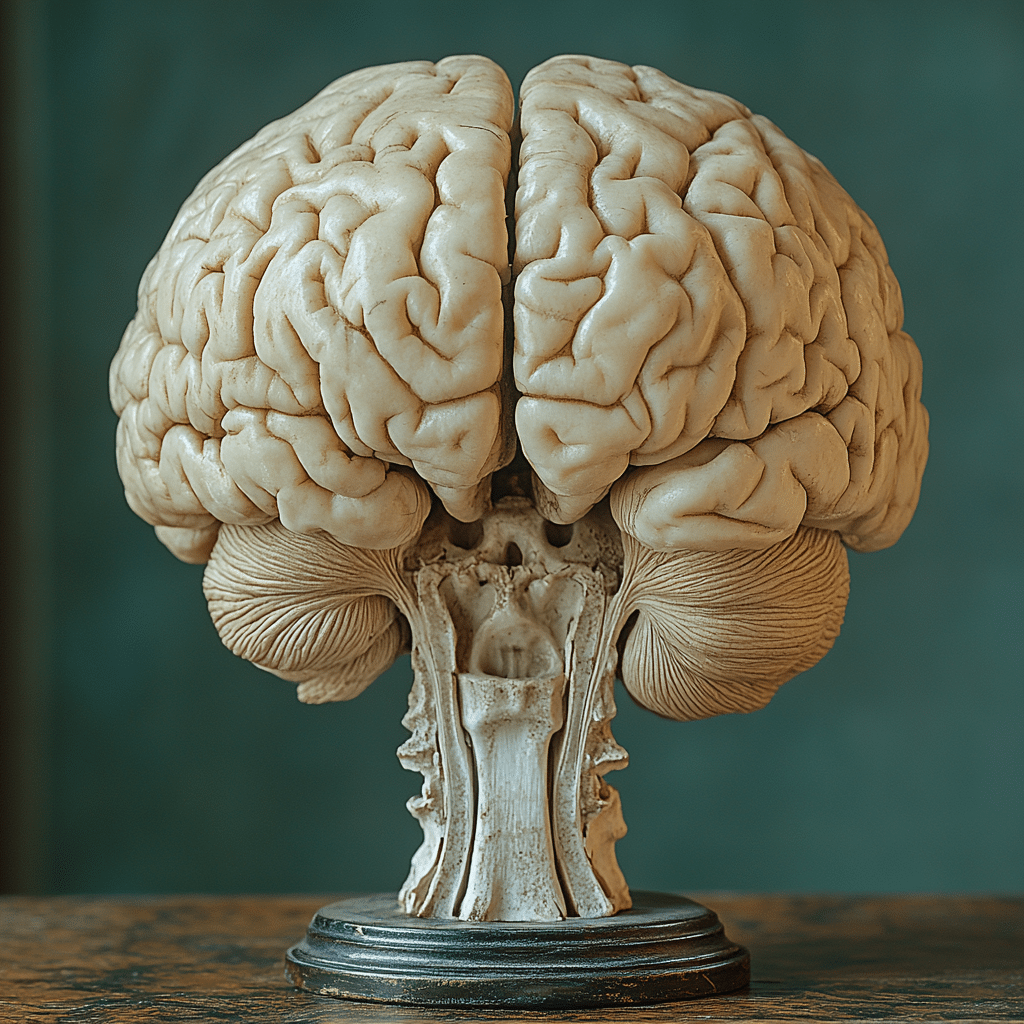
The Neuronal Underpinnings of Decision-Making
Diving deeper, neuropsychologists have pinpointed specific brain regions involved in decision-making. The prefrontal cortex plays a crucial role in complex thought processes and regulatory functions. Evidence shows that individuals with damage to this area often exhibit impulsive and maladaptive behaviors. Knowing how your brain operates allows you to make smarter choices, whether in the gym or at the dinner table.
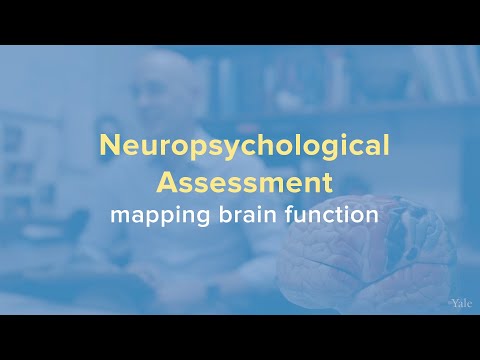
Innovative Approaches from Neuropsychologists
Neuropsychologists are now pioneering cutting-edge treatment strategies. Virtual reality (VR) is being embraced to help patients confront phobias and adverse experiences in a controlled setting. Programs at institutions like the University of Southern California utilize VR technology to create therapeutic environments, empowering individuals on their healing journeys. Just imagine VR workouts—sounds like a game-changer, doesn’t it?
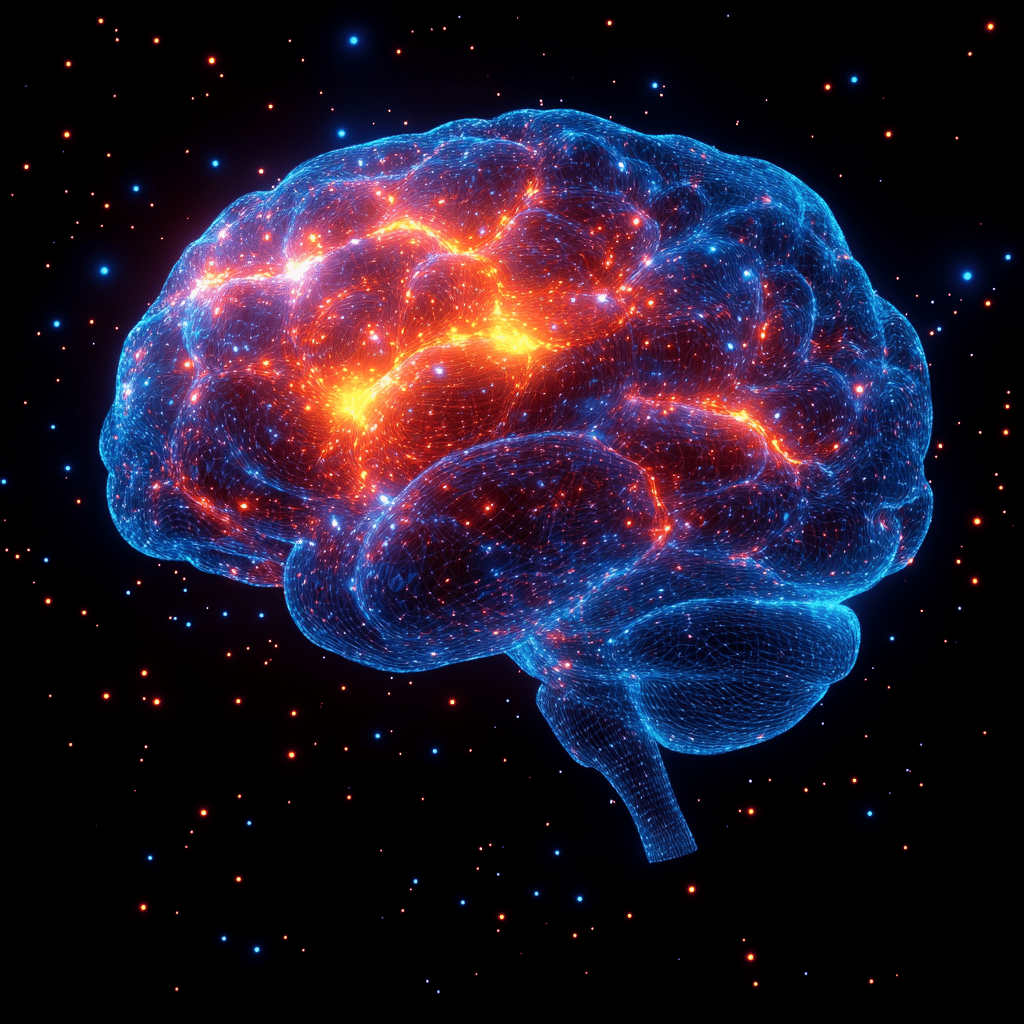
Addressing the Future of Neuropsychology and Behavioral Health
As we step into 2024, the integration of technology in neuropsychology is on the rise. Machine learning and artificial intelligence are beginning to influence personalized treatment plans, harnessing neuropsychologists’ analytical capabilities. By studying patterns in brain function and behavior, these technologies aim to refine mental health diagnostics and treatments. The future looks bright, so buckle up!
The insights garnered from neuropsychology don’t just help us understand behavior; they also provide actionable strategies for improvement. This field’s continuous evolution illuminates the neural foundation of our daily experiences. By enhancing mental health, we can redefine the quality of our lives. So, whether you’re aiming for a ripped physique or just want to feel great, understanding your brain is key to reaching peak performance. Remember, every rep counts—but so does your mental game!

Neuropsychology Secrets Behind Brain and Behavior
Fun Facts About Neuropsychology
Neuropsychology is a fascinating field that delves into how our brains influence our thoughts and actions. Did you know that your brain is constantly rewiring itself based on your experiences? This concept, known as neuroplasticity, means you can teach an old dog new tricks! For instance, Georgina Chapman, renowned for her contributions to fashion, may inspire brilliance in the creative sector, showcasing how the brain thrives on stimulation and innovation. Similarly, ever wondered why some medications have such diverse effects? Exploring why hydroxyzine Is For What specific conditions highlights the brain’s intricacies in emotional regulation and behavior.
Impact of Environment and Behavior
Environment plays a crucial role in shaping our mental landscape. Engaging in activities like cold showers might sound odd, but the Benefits Of cold Showers extend beyond just waking you up; they can stimulate dopamine production, enhancing your mood! Plus, the brain’s response to stress can affect how we relate to others, including those in high-pressure roles like actors. Juliette Motameds performances illustrate how intense emotions can lead to greater empathy, reminding us of how behavior and emotional well-being intertwine in everyday life.
A Closer Look at Development
Ever thought about how early experiences mold us? Neuropsychology examines everything from neonatal development to adult behavior, showing us that our foundations significantly shape the humans we become. This is especially critical for children, as seen in films like the Willow Film. Such narratives highlight the importance of environment and experience during formative years. On another note, anhedonia, defined as the inability to experience pleasure, perfectly captures the struggles many face as their brains grapple with mood regulation. Understanding these aspects not only educates us but also fosters compassion for others.
So, if you’re delving into neuropsychology, keep an eye on the interplay of brain, behavior, and environment. Who knows? You might just discover something about yourself along the way, just like Rosario Dawson in The nude brings attention to vulnerability, or how Sabrina Carpenter nude reveals layers of performance art. Science and culture often collide, weaving an intricate tapestry that presents us with endless possibilities for understanding ourselves and each other.
